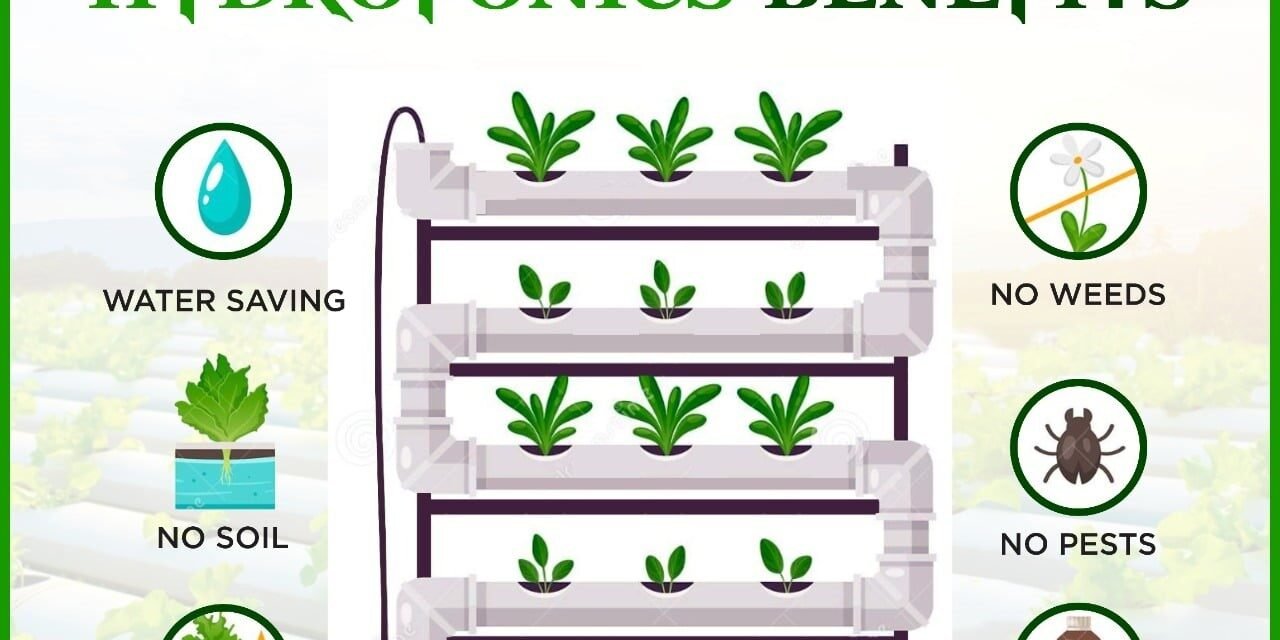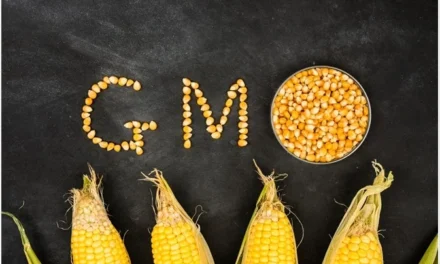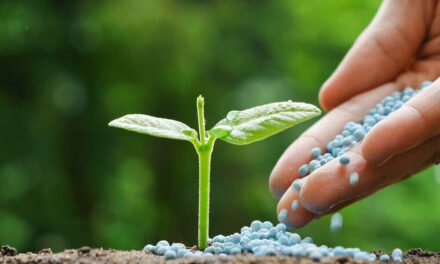Hydroponics offers several benefits for growing fresh vegetables, making it an increasingly popular method for urban farming and sustainable agriculture. Some of the key benefits include:
- Water Efficiency: Hydroponics uses significantly less water than traditional soil-based farming. Water in hydroponic systems is recirculated, meaning less water is wasted, making it ideal for areas with water scarcity or those seeking to conserve water resources.
- Faster Plant Growth: Plants grown hydroponically often grow faster than those in soil due to the efficient nutrient uptake. Since the nutrients and water are delivered directly to the plant roots in a controlled environment, plants can access everything they need more efficiently.
- Space Efficiency: Hydroponic systems can be set up vertically or in compact spaces, making them ideal for urban farming or areas with limited land. This allows for high-density farming and maximizes space usage.
- Reduced Pesticide Use: Hydroponic systems are typically grown indoors or in controlled environments, reducing exposure to pests and diseases. As a result, there is often less need for chemical pesticides, leading to cleaner, safer vegetables for consumption.
- No Soil Contamination: Since there is no soil in hydroponics, there is no risk of soil-borne diseases or contaminants. This leads to cleaner crops and minimizes the chances of pesticide residues or heavy metal contamination.
- Better Control Over Nutrients and Environment: In hydroponics, growers have precise control over the nutrients, pH, and temperature of the water, allowing for optimal growing conditions. This ensures plants receive exactly what they need for healthy growth, resulting in better yields and quality.
- Fewer Weeds: Without soil, weeds are not a problem in hydroponic systems. This reduces the labor required for weed management and eliminates the need for herbicides.
- Less Environmental Impact: Hydroponic farming typically uses fewer chemicals and less water, leading to less pollution and a lower environmental footprint compared to traditional farming practices. Additionally, it can be set up indoors, reducing the need for extensive land use.
- Consistent Quality and Yield: Since hydroponics is a controlled environment system, vegetables can be grown year-round, regardless of external weather conditions. This ensures a consistent supply of fresh, high-quality produce.
- Local Food Production: Hydroponics can be done in urban areas, bringing food production closer to consumers. This reduces the need for long transportation chains, helping to reduce food miles and carbon emissions while providing fresh produce.
Overall, hydroponics offers a highly efficient and sustainable way to grow fresh vegetables, especially in urban areas, where land and water may be limited. It enables the production of healthy, high-quality crops with minimal environmental impact.









